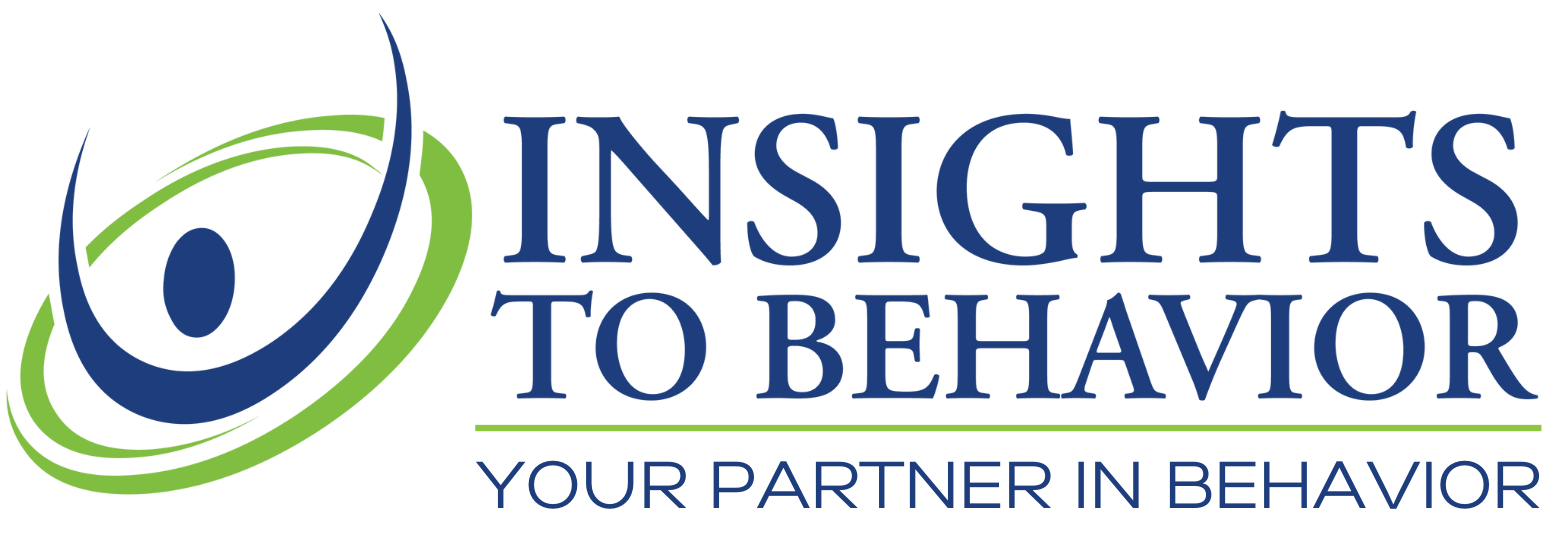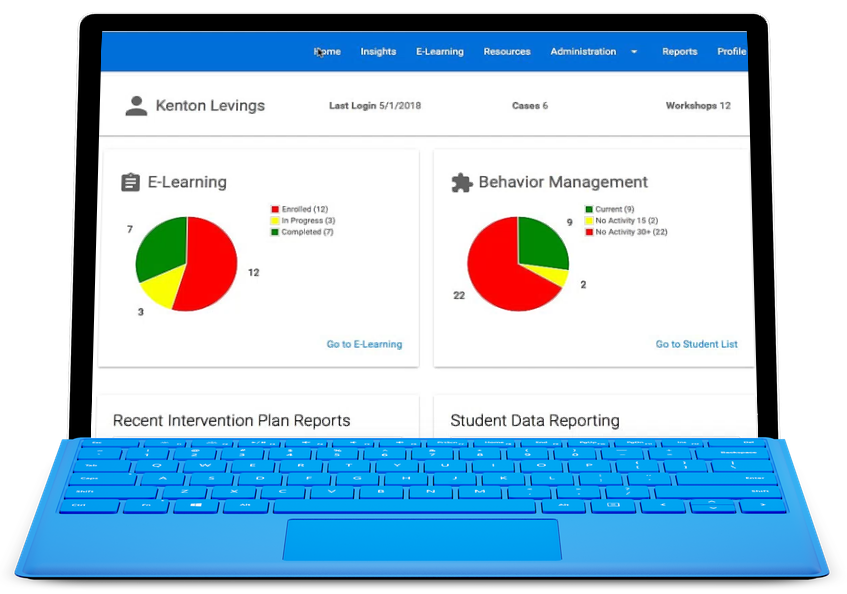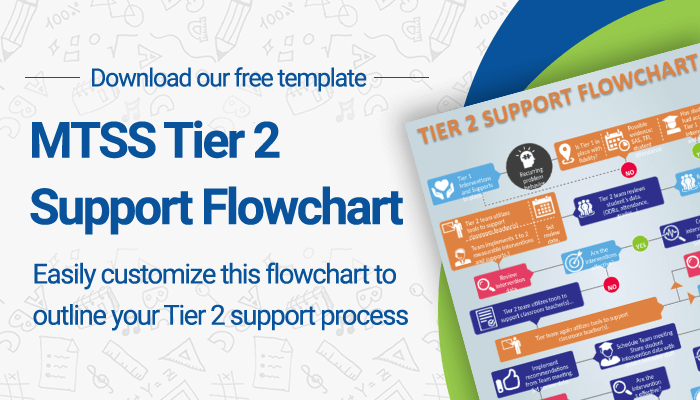The advent of the digital age has instigated remarkable transformations across various sectors, education being a notable recipient. One area within education that has significantly benefited from these technological advancements is classroom and behavior management. The ability to utilize state-of-the-art software, online curricula, and intricate data analysis tools has profoundly influenced the quality of education, fostering an environment that champions inclusivity and individual progress.
Software Integration in Classroom Management
The rapid progression of technology in education has led to the introduction of sophisticated software platforms that offer an array of solutions to aid educators in managing classrooms effectively. These platforms are marked by intuitive user interfaces, comprehensive data analytics, and real-time tracking abilities. They provide indispensable resources that allow educators to foster an environment that encourages student participation, facilitates constructive interaction, and promotes an effective learning ambiance.
When integrated with an online curriculum, these software solutions enhance the overall learning experience. This fusion allows for a constant and comprehensive evaluation of both academic progress and behavioral patterns. The amalgamation of academic and behavioral monitoring assists in the creation of personalized learning paths for each student. This multifaceted approach ensures educators address not only academic development but also the broader behavioral and emotional aspects of a student’s growth. The result is an inclusive educational strategy that attends to the individual needs of each student and enhances their overall learning experience.
Significance of Tracking Student Success
Monitoring student success is a critical component of any effective behavior management software. However, it’s important to note that ‘success’ in this context is not limited to academic achievement. The tracking process involves observing behavioral changes, assessing social-emotional learning, and measuring the efficacy of behavior interventions. It is an all-encompassing assessment that sheds light on the various factors influencing a student’s educational journey.
Through systematic data analysis, these observations provide educators with a granular view of a student’s learning curve. The insights gathered from this data allow educators to modify their strategies to align with each student’s unique needs and learning style. It facilitates the creation of an individualized education plan that addresses the academic, emotional, and behavioral aspects of student development, ultimately fostering a more conducive learning environment.
Classroom Behavioral Interventions and Compliance with IDEA
The Individuals with Disabilities Education Act (IDEA) establishes a legal mandate that guarantees free and appropriate public education to all students, irrespective of any physical or mental disabilities. Effective classroom behavioral interventions play a critical role in adhering to the provisions of IDEA. These interventions are designed to ensure that every student, including those with disabilities, can benefit from a positive and supportive learning environment.
In today’s edtech landscape, software tools offer structured methodologies for addressing and managing behavioral issues. These tools enable a proactive approach towards behavior management, moving away from reactive measures and focusing on prevention and early intervention. They furnish a wide array of research-based strategies, arming educators with the resources they need to effectively support all students. These tools, therefore, play a critical role in aligning educational practices with the stipulations of IDEA, thus facilitating inclusive education.
Insights from Case Studies
The inclusion of case studies within edtech software provides educators with practical perspectives on the application of various strategies. These case studies serve as real-world examples that bridge the gap between theoretical knowledge and practical implications. They elucidate the challenges educators may face and present potential solutions that have been implemented successfully in similar scenarios.
As such, these case studies are a valuable source of knowledge, providing nuanced insights into different aspects of behavior and classroom management. They serve as a comprehensive reference point that not only enhances the understanding of various strategies but also promotes a culture of continuous learning among educators.
The Role of an Online Curriculum
In the context of contemporary education, the integration of an online curriculum or eCurriculum is increasingly becoming the norm rather than the exception. Coupled with behavior management software, it offers a dynamic and comprehensive approach to learning. This combination facilitates the integration of behavior management strategies into the curriculum, ensuring the development of behavioral skills is intertwined with academic learning.
In addition, an online curriculum provides flexibility in terms of pace, location, and timing of learning, which is particularly beneficial in accommodating the diverse needs of students. When coupled with behavior management tools, the curriculum becomes a powerful platform for fostering a learning environment that is inclusive, individualized, and engaging.
In conclusion, as we navigate the continually evolving landscape of education, understanding and harnessing the role of technology in classroom and behavior management is of paramount importance. The use of technological tools not only offers practical solutions to traditional classroom challenges but also ushers in opportunities for personalized, effective, and inclusive education. The integration of these tools within the education system, therefore, represents a significant step towards refining the educational process for the benefit of all students.




